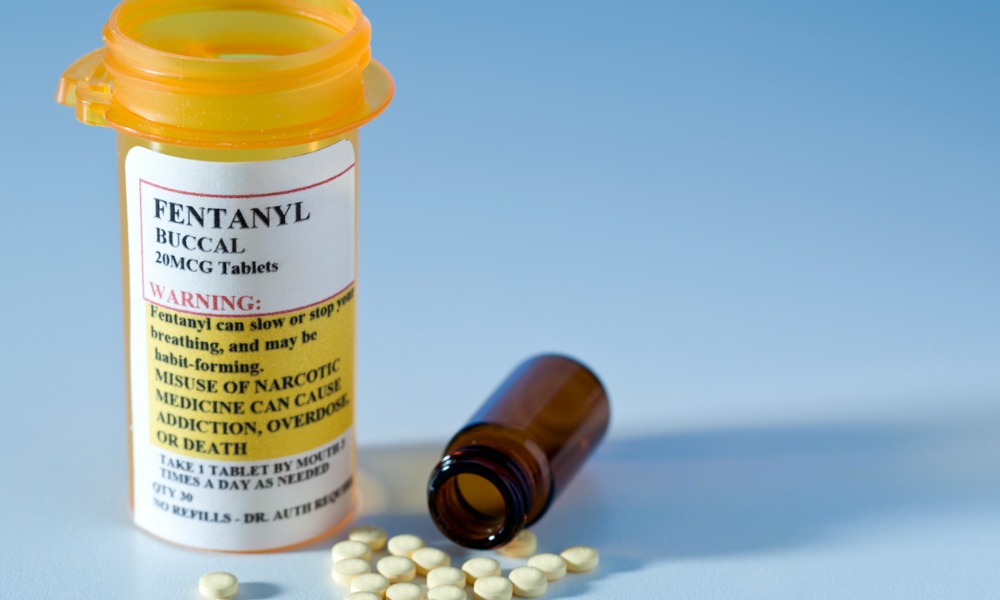Union says employers 'failed to provide effective policies' amid decriminalization

Imagine walking into your workplace and you’re shrouded in a plume of fentanyl smoke. This is the reality for nurses in British Columbia, and it’s a regular occurrence, according to the president of the BC Nurses Union. Adriane Gear received reports of a serious incident just this week.
“Five nurses all ended up in emergency after being exposed by one patient…making five nurses very sick."
It’s not just fentanyl. It’s illicit drugs of all kinds including meth, crack cocaine, and other opioids like heroine. These drugs were decriminalized in BC when Health Canada granted an exemption under the Controlled Drugs and Substances Act to the province from January 31, 2023, to January 31, 2026.
“We support decriminalization and harm reduction strategies,” explains Gear. “What we've been hearing from our members is that employers have failed to provide effective policies that prevent consumption from taking place within a hospital setting."
On Monday, BC Health Minister Adrian Dix announced a task force will investigate the use of illicit drugs in hospitals. He says he expects to see that “consistent practices are in place in all hospitals that ensures for example that the use of drugs is specific to designated spaces within or around the hospital or under the specific direction of a care team.”
Gear agrees with designated spaces for drug use in hospitals, but she wants to know who is going to enforce these policies. There are already policies prohibiting smoking vapes and cigarettes in hospitals. There are also zero tolerance policies when it comes to violence. But Gear says employers aren’t enforcing these policies.
A leaked Northern Health memo obtained by Global News directed staff not to confiscate certain weapons if they’re found. Gear says the memo refers to knives under four inches. Dix is adamant weapons are not allowed in hospitals.
Gear also notes the increased use of drugs in hospitals has led to an increased presence of drug traffickers.
“Nurses aren’t security guards,” exclaims Gear, who points to a new model of hospital security called relational security officers. These are security officers specifically trained in cultural humility, trauma-informed care, and de-escalation tactics. Dix says the province has brought in 320 of these security personnel, but Gear says that isn’t nearly enough.
“If the ministry wants to continue with decriminalization, fair enough, it isn't a criminal matter, this is a health issue," explains Gear, “but then you need the resources.”
Gear also questions the role of WorkSafeBC in ensuring health and safety in the province’s hospitals.
“It feels like the regulator treats healthcare very differently than they would a construction site, or any other sector,” claims Gear, “because it's a hospital, because we're dealing with patients…it's like anything goes in health care.”
Canadian Occupational Safety reached out to WorkSafeBC, and it replied with a statement saying employers are obligated to protect workers “and this includes protecting workers from exposure to unregulated drug smoke…This includes conducting a risk assessment and implementing controls to reduce identified risks.”
WorkSafeBC has a planned provincial inspectorial initiative for the health care sector, but the 2024 approach does not mention proactive inspections, and instead it states, “This approach involves workers and employers identifying hazards, evaluating risks, and implementing the appropriate controls specific to the on-site activities.”
WorkSafeBC encourages nurses and other hospital workers to call its tip line at 1-888-621-7233. Calls can be anonymous, and the regulator says it “takes these calls very seriously and will typically initiate an inspection of the employer.”





